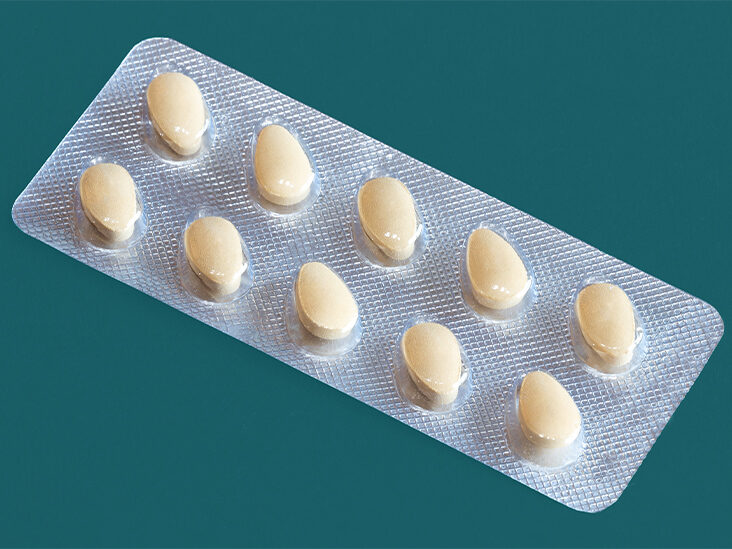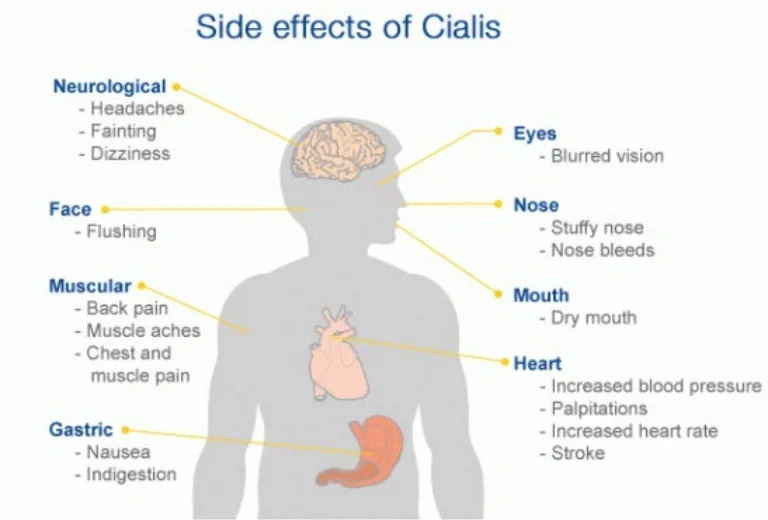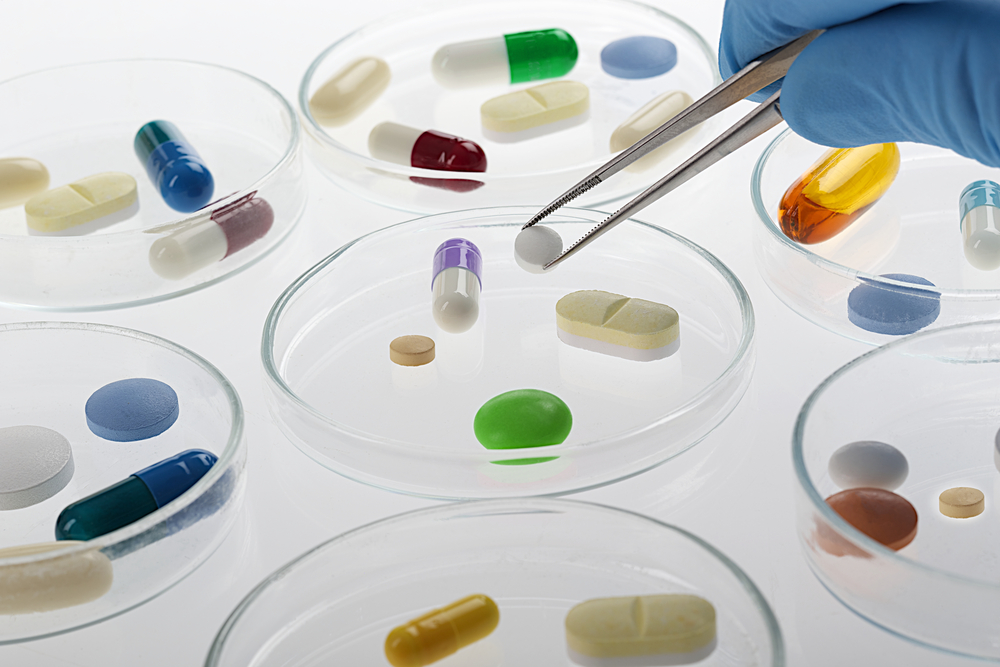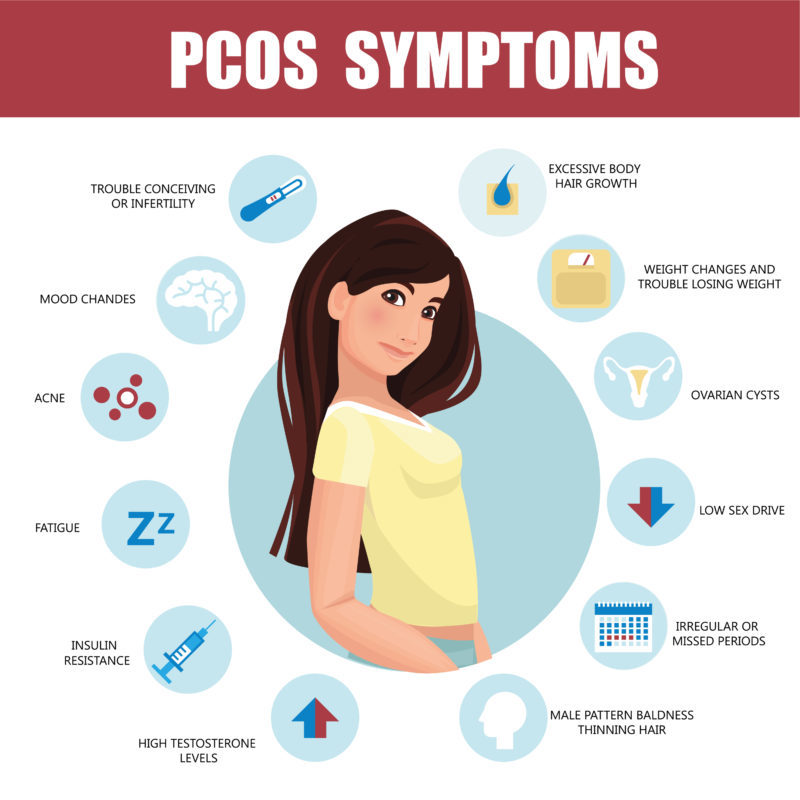Is it safe to consume Priligy medicine daily?

Priligy is a medical drug available to us under the brand name Dapoxetine which belongs to a class of medication called selective serotonin reuptake inhibitors. This medicine is used to treat sexual related disorders in men such as premature ejaculation. It inhibits the transporter of serotonin and increasing its action which results in delayed ejaculation.
How Dapoxetine works?
In addition to containing the active ingredient dapoxetine, PRILIGY is also known as a urological medicine because it is a selective serotonin reuptake inhibitor (SSRI). The PRILIGY method can improve your control over ejaculation, decrease your distress over how fast you ejaculate, and increase your time to ejaculation. It has various functions in the body and is involved in sending the nerve messages that result in ejaculation.
How to use Priligy?
Priligy is available to us in a form of pill that must be taken by mouth with or without food as per your doctor’s prescription. It is usually taken 1-3 hours before sexual intercourse. The dosage and length of the treatment is based on your medical condition, response to the treatment and other medicine that you may be taking.

You may take this medicine at the same time daily for improvement. Swallow the tablet whole rather than chewing or crushing it in your mouth as it may release all the drug in your mouth which increases the risk of side effects. Your doctor may start you with a low dose which may increase gradually. Discuss all the other medicines that you might be taking along with Priligy for the same or different reasons. Follow the medical prescription carefully and inform your doctor in case of any exception or confusion.
Side effects of using Priligy
Common side effects observed while medicating with Priligy are fainting, dizziness, nausea or flushing may occur. Inform your doctor if these conditions persist or get worse. There are some serious side effects which must be informed to the doctor right away if observed such as severe dizziness, fainting, chest/jaw/left arm pain, nausea, etc.

There are also some severe allergic reactions involved with these medications which require immediate medical attention if observed such as rash, itching/swelling (especially of the face/tongue/throat), trouble breathing, severe dizziness, decrease or loss of hearing, sometimes with ringing in the ears, sudden decreased vision, including permanent blindness, in one or both eyes, prolonged erection, etc.
How long does Priligy take to work?

Priligy is a medicine that usually works for 8 out of 10 men. The emdicine is usually consume 1 hour before Sexual acitivity. The medicine is expected to start working between 30 minutes to 4 hours. The peak plasma concentration levels are achieved within an hour after administration of dose. Ideally, priligy makes you last for 1-3 hours but in some cases, a 12 hour erection is also observed.
Also the elimination of Priligy from the body is rapid. The initial half life is around 1.5 hours for both 30mg and 60mg of doses which is pretty much normal as compared with other selective serotonin reuptake inhibitor (SSRI) time i.e. 21 hours to 4 days.
Is Piligy safe to take daily?
Priligy is a medicine that is used for maintaining erection and increasing ejaculation time for men. This medicine is not generally recommended to be used daily. One must use this medicines generally before sexual intercourse. Also, guidelines must be followed with respect to quantity and delay between each dose. However, based on proper guidence and prescription, this meicine could be consume almost as frequent as daily with respect to proper lifestyle consisting of diet and normal medical conditions.
OVERVIEW:
- It is recommended to take Dapoxetine 1 to 3 hours prior to sexual activity.
- This medicine must not be taken more than once every 24 hours or every day.
- If you are taking Dapoxetine, do not drive or do anything requiring concentration until you know how it affects you.
- Taking Dapoxetine may cause a sudden drop in blood pressure. Try to rise slowly after lying or sitting down.
- If you have a history of seizures, depression, or other psychiatric disorders, you should use this product with caution.
- Consult your doctor before taking this medicine if you suffer from erectile dysfunction.
REFERENCES:
- https://www.1mg.com/generics/dapoxetine-209683
- https://www.medicines.org.uk/emc/product/1269/smpc#gref
- https://www.netdoctor.co.uk/medicines/sexual/a8807/priligy-dapoxetine/
- https://www.ncbi.nlm.nih.gov/pmc/articles/PMC3273363/
- https://www.webmd.com/sex/news/20060907/premature-ejaculation-drug-promising
- https://www.promescent.com/blogs/learn/dapoxetine-priligy
- https://www.assuredpharmacy.co.uk/blog/priligy/how-long-does-priligy-last/
- https://bangontime.info/does-priligy-work/
- https://www.netdoctor.co.uk/medicines/sexual/a8807/priligy-dapoxetine/
For more details, kidnlt visit below.






